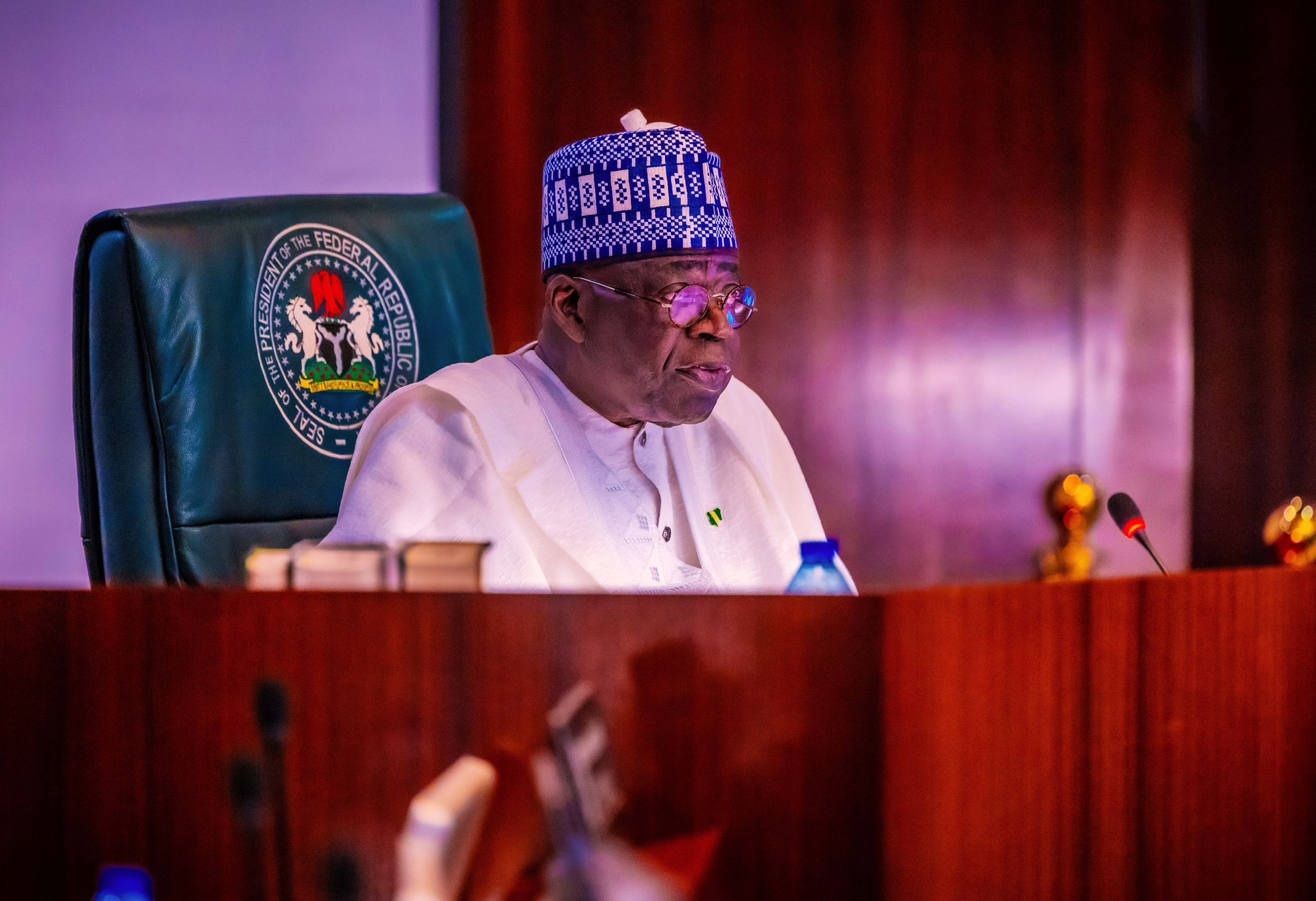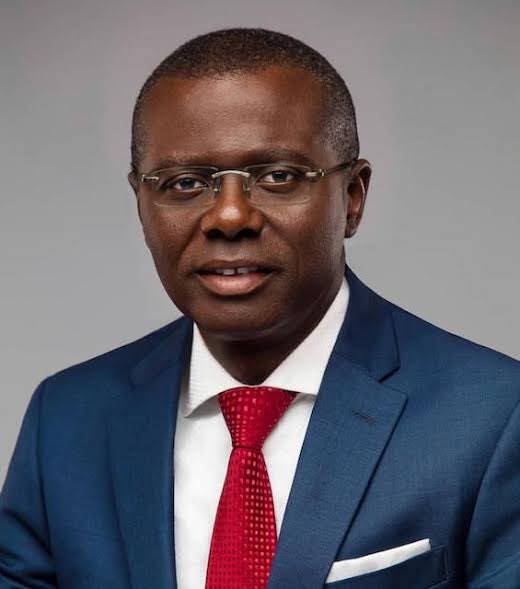President Bola Ahmed Tinubu has issued a decisive directive to end the era of “paper projects” in Nigeria, insisting that all approved infrastructure initiatives must move from bureaucratic promises to real-time implementation. This comes as the country seeks to close a gaping infrastructure deficit and attract critical private sector investments.
Delivering the president’s remarks at the 2025 Nigeria Public-Private Partnership (PPP) Summit in Abuja on Tuesday, Vice President Kashim Shettima emphasized that the Tinubu-led administration is committed to cutting red tape, expediting approvals, and fostering synergy across Ministries, Departments, and Agencies (MDAs).
“We will fast-track approvals for viable projects. We will ensure coordination across MDAs to enable swift implementation,” the Vice President said on behalf of the president.
“We Must Build. We Must Deliver.”
In a strong message to both public officials and investors, President Tinubu declared that Nigerians are tired of promises and want results. From electricity and roads to clean water and modern hospitals, he stressed that the country’s citizens deserve infrastructure that improves their daily lives—not stalled policies.
“What matters to the average Nigerian is not promises, but power in their homes, roads to their farms, access to clean water, modern hospitals, and quality schools. We must build. We must deliver. And we must do it together,” Tinubu said.
He acknowledged the country’s repeated failure to translate potential into progress, blaming poor alignment and indecisive leadership in past years. He urged government actors and private partners alike to chart a new course marked by collaboration, courage, and accountability.
Reforming the PPP Framework
President Tinubu revealed that his administration has taken bold steps to streamline bureaucracy and introduce global best practices in Nigeria’s PPP landscape. He highlighted the strengthened role of the Infrastructure Concession Regulatory Commission (ICRC) in regulating and de-risking partnerships for investors.
“We have aligned our processes with global best practices and investor expectations,” he said. “We are determined to deliver infrastructure that is both sustainable and inclusive.”
The president reiterated the government’s commitment to the National Integrated Infrastructure Master Plan (NIIMP) 2020–2043, which aims to increase infrastructure stock to 70% of GDP by 2043. However, he warned that no plan—no matter how brilliant—can substitute for concrete execution.
“Blueprints do not build roads. Policies alone do not generate megawatts,” Tinubu warned.
Private Sector Urged to Look Beyond Risk
In a rallying call to private sector players, President Tinubu positioned Nigeria as Africa’s most promising investment frontier, citing the country’s scale, demand, and returns.
“To our private sector partners, Nigeria offers scale, demand, and returns like no other African market. But we need more than investment. We need innovation, we need efficiency, and above all, we need integrity,” he said.
ICRC Assures Investors: Nigeria Is Ready
Earlier in the summit, Dr. Jobson Oseodion Ewalefoh, Director-General of the Infrastructure Concession Regulatory Commission, reaffirmed Nigeria’s readiness for genuine partnerships. He spotlighted the country’s over $2.3 trillion infrastructure gap, a population of 200 million, and a growing middle class as evidence of the urgent need—and massive opportunity—for PPPs.
“The case for PPPs in Nigeria is not only compelling, it is urgent,” Ewalefoh said.
He assured local and foreign investors that the ICRC is focused on balancing regulation with facilitation, and committed to ensuring that all PPPs are legally sound, economically viable, and socially impactful.
Ewalefoh credited the Commission’s momentum to President Tinubu’s personal support and strategic direction, which he said has energized Nigeria’s PPP framework to mobilize private capital for national infrastructure.
Looking Ahead
As Nigeria navigates a turbulent economic climate, the call for execution over excuses marks a turning point in how the government intends to approach development. Whether these bold pronouncements can finally break Nigeria’s infrastructure jinx will depend on consistent follow-through, cross-sector cooperation, and public transparency.
One thing is clear: President Tinubu has drawn the line. The era of infrastructure on paper must give way to projects on the ground.




